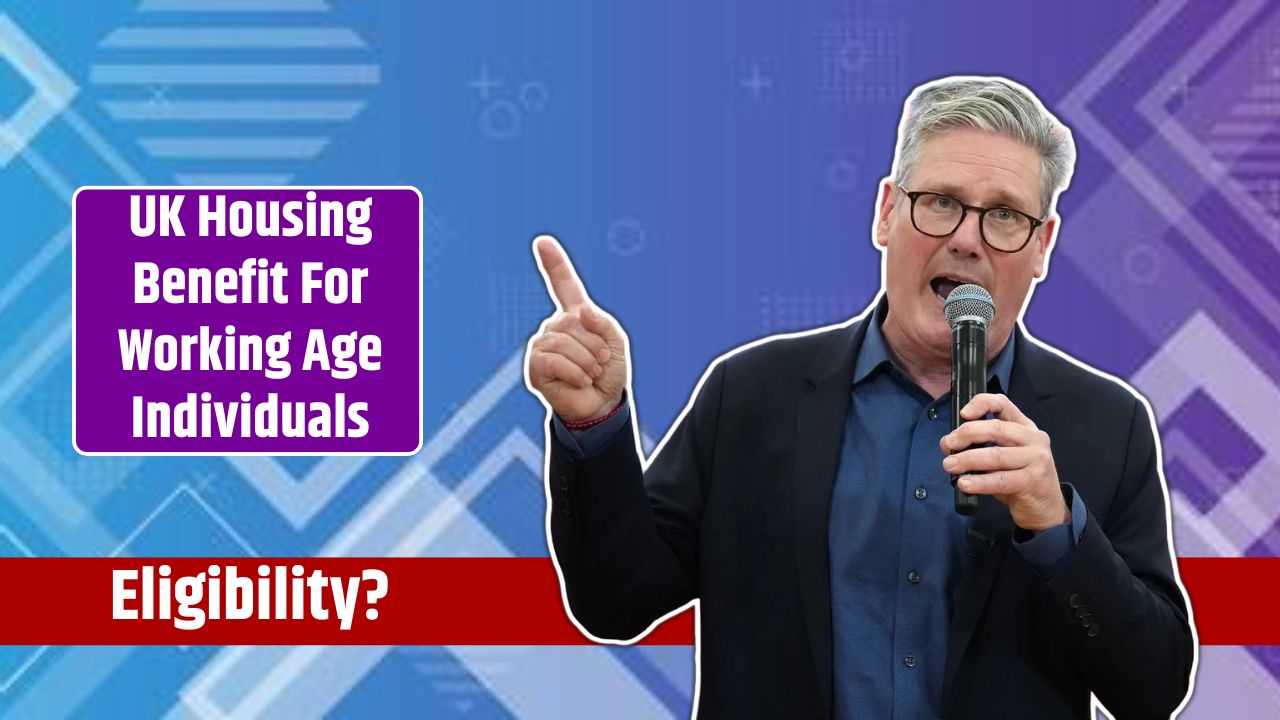The Department for Work and Pensions (DWP) will phase out four legacy benefits by February 2025, requiring claimants to move to Universal Credit (UC). If you receive any of these benefits, you must act before your deadline to avoid losing financial support.
This transition is part of the government’s welfare reform, aimed at simplifying the system, but it also raises concerns about income changes and potential delays. Understanding the process, deadlines, and available support will help you navigate this transition smoothly.
Affected Benefits
The four benefits being replaced by Universal Credit are:
- Income Support
- Income-Based Jobseeker’s Allowance (JSA)
- Income-Related Employment and Support Allowance (ESA)
- Housing Benefit (for most claimants, except those in supported housing)
If you receive any of these benefits, you will need to apply for Universal Credit once you receive your Migration Notice from the DWP.
Key Deadlines and Steps
The transition to Universal Credit follows a structured process. Here’s what you need to do:
1. Wait for Your Migration Notice
The DWP will send a Migration Notice to affected claimants, instructing them to apply for Universal Credit. This letter will include:
- Your personal deadline to apply
- Application instructions
- Information about transitional protection (if eligible)
2. Check Your Eligibility
To qualify for Universal Credit, you must:
- Be over 18 years old (some exceptions for 16-17-year-olds)
- Live in the UK
- Have savings below £16,000
3. Gather Necessary Documents
To apply for Universal Credit, you will need:
- National Insurance (NI) number
- Bank account details (for payments)
- Proof of income (payslips, self-employment records)
- Housing costs (rent agreement, council tax bills)
4. Apply for Universal Credit
You can apply for Universal Credit online via the UK government website. If you need assistance, contact the DWP helpline or visit a local Jobcentre Plus.
5. Attend a Universal Credit Interview
Once you apply, you must attend an interview at a Jobcentre or via phone. During this interview, you will:
- Provide additional information if requested
- Agree to a Claimant Commitment, outlining work-related expectations
6. Receive Your First Payment
Universal Credit payments start five weeks after application. If you need urgent financial help, you can apply for a Universal Credit Advance, which must be repaid over time.
Will You Lose Money? Understanding Transitional Protection
A major concern for claimants is potential income loss. The government offers transitional protection, which ensures you do not receive less money than under your previous benefits. However, this protection:
- Only applies if you apply before your deadline
- May reduce over time if your circumstances change
- Is not available if you voluntarily switch to Universal Credit before receiving a Migration Notice
Challenges and How to Overcome Them
Delayed First Payment
Solution: Apply for a Universal Credit Advance to cover immediate expenses.
Difficulty Applying Online
Solution: Get help from Citizens Advice or contact the DWP helpline.
Uncertainty About Work Requirements
Solution: Speak with a Work Coach at your Jobcentre for guidance.
Concerns About Reduced Benefits
Solution: Use a benefits calculator (e.g., Turn2Us) to see how your payments will change.
Government and Expert Opinions
The Government’s View
The DWP argues that Universal Credit simplifies the welfare system and improves work incentives. Mel Stride, Work and Pensions Secretary, stated:
“Universal Credit provides better financial security and a modern system that ensures every claimant receives the support they need.”
Concerns from Charities
Charities warn that some claimants, especially those with disabilities, may face financial hardship during the transition. Dame Clare Moriarty, CEO of Citizens Advice, advised:
“It is crucial to seek advice and apply early to avoid any gaps in support.”
The transition to Universal Credit is a major change, but with the right preparation, claimants can avoid financial disruptions. Make sure to apply before your deadline, seek help if needed, and check your eligibility for transitional support.
















